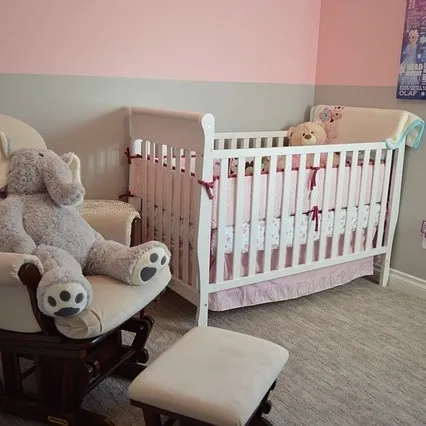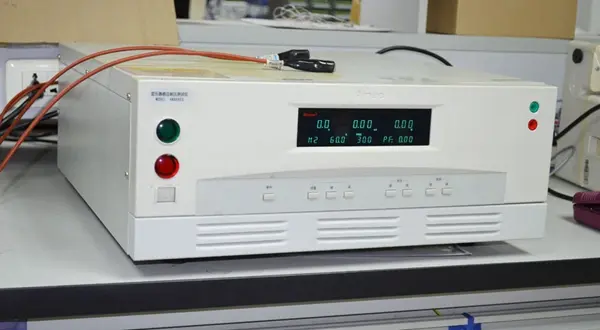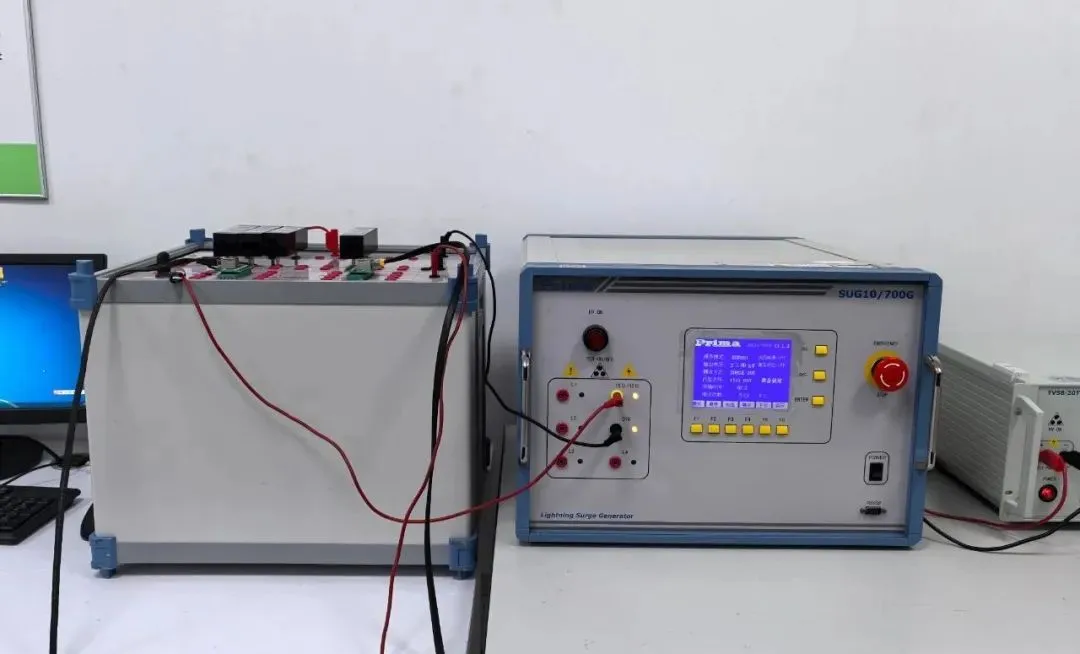
US CPC Certification Requirements and Process
Introduction to CPC Certification
The Children's Product Certificate (CPC) certifies that a children's product complies with all applicable safety regULations. In recent years, children's product safety has gained increasing attention, making CPC certification a crucial tool for ensuring product safety.

Children’s products refer to consumer goods intended for children under 12, such as strollers, cribs, and toys. As product variety and volume increase, countries like the U.S. have established regulations requiring children's products to undergo testing and certification to ensure safety.
Currently, CPC certification is a key requirement in the U.S. market, and manufacturers see it as essential for market entry. As global awareness of children's product safety rises, CPC certification is becoming increasingly important internationally. In the future, with advancing technology, CPC certification will become even more stringent, playing a greater role in safeguarding children's product safety.
Significance of CPC Certification
CPC certification verifies compliance with safety regulations, ensuring children's safety when using these products. It also allows manufacturers to demonstrate product safety, boosting consumer trust and market competitiveness. Additionally, many retailers and buyers require CPC certification, and uncertified products may be excluded from the market.
Applicable Product Categories
CPC certification applies to various children's products, including:
- Toys: Electronic toys, teething toys, etc.
- Children’s Products: Pacifiers, baby bottles, strollers, cradles, etc.
- Apparel & Sports Equipment: Roller skates, scooters, children's tents, children's clothing, etc.
CPC Certification Requirements and Process
Basic Requirements
Manufacturers must comply with all applicable children's product safety regulations, such as ASTM F963, cpsia, and CSPA. Additionally, they must establish an effective quality management system to ensure continued compliance.
Certification Process
1. Select a Testing Laboratory: Choose an accREDited testing organization that meets U.S. regulatory requirements.
2. Submit Product Samples: Provide representative and consistent samples as required by the testing agency.
3. Product Testing: The laboratory conducts comprehensive tests on materials, structure, and performance.
4. Obtain Test Report: The testing agency issues a report assessing compliance with safety standards.
5. Apply for CPC Certificate: Manufacturers submit the test report and necessary documents for CPC certification. Upon approval, the certificate is issued.
CPC certification is a crucial entry requirement for the U.S. children's product market. Manufacturers should ensure compliance with relevant regulations to enhance market competitiveness and consumer confidence.
Email:hello@jjrlab.com
Write your message here and send it to us
 Global Certification Guide for Lithium Batteries
Global Certification Guide for Lithium Batteries
 Compliance of Amazon 18650 Lithium Battery Product
Compliance of Amazon 18650 Lithium Battery Product
 What is CE Certification and EU Authorized Represe
What is CE Certification and EU Authorized Represe
 What Are the Lithium Battery Safety Tests?
What Are the Lithium Battery Safety Tests?
 What is the EN 61326-2-3 Standard?
What is the EN 61326-2-3 Standard?
 Why Do Smart Sockets Need IEC 60884 Certification?
Why Do Smart Sockets Need IEC 60884 Certification?
 Why Retest the Device if the 5G Module Already Has
Why Retest the Device if the 5G Module Already Has
 Overview of IEC 62087 Test Standard
Overview of IEC 62087 Test Standard
Leave us a message
24-hour online customer service at any time to respond, so that you worry!




